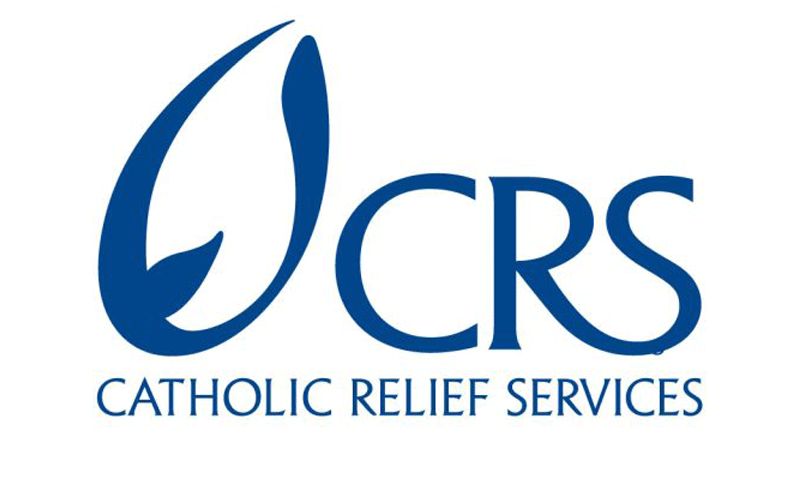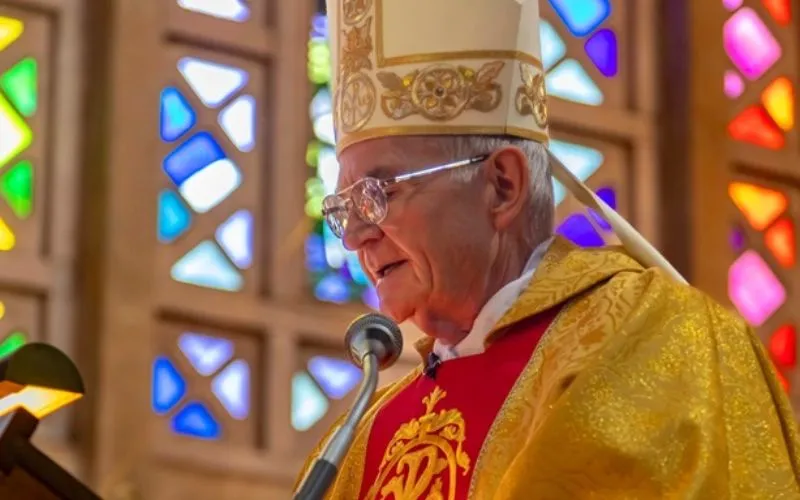Nairobi, 21 March, 2020 / 3:45 am (ACI Africa).
With at least 36 African countries having collectively reported more than 700 COVID-19 cases, Catholic aid agencies with presence in the world’s second largest continent are collaborating in the effort to stop the spread of the deadly virus, which WHO recently declared a pandemic.
The international humanitarian arm of the United States Conference of Catholic Bishops (USCCB), the Catholic Relief Services (CRS) has so far initiated COVID-19 responses in over 15 countries around the globe and are prepared to rapidly scale up to meet new needs or make appropriate adjustments, an official has told ACI Africa.
“This includes assisting government and faith-based health systems to increase capacity, hygiene promotion and the provision of essential protection supplies to health workers and community mobilizers,” CRS Global Marketing and Communications Manager, Michael Stulman told ACI Africa in an interview Friday, March 20.
With seven cases of the new coronavirus confirmed in the East African nation of Kenya, CRS has a “strong combination of current and planned COVID-19 interventions, which are being pursued jointly with the Government of Kenya’s rapid response team,” Mr. Stulman said.
“Through the USAID Core Group Polio Project, CRS works in Nairobi on community-based disease surveillance and maintains strong ties with the community health workforce and county health management teams,” Mr. Stulman has shared with ACI Africa and added, “Building on these relationships, and with supplemental private funding from CRS, we are supporting the Ministry of Health to implement COVID-19 prevention and response activities.”








